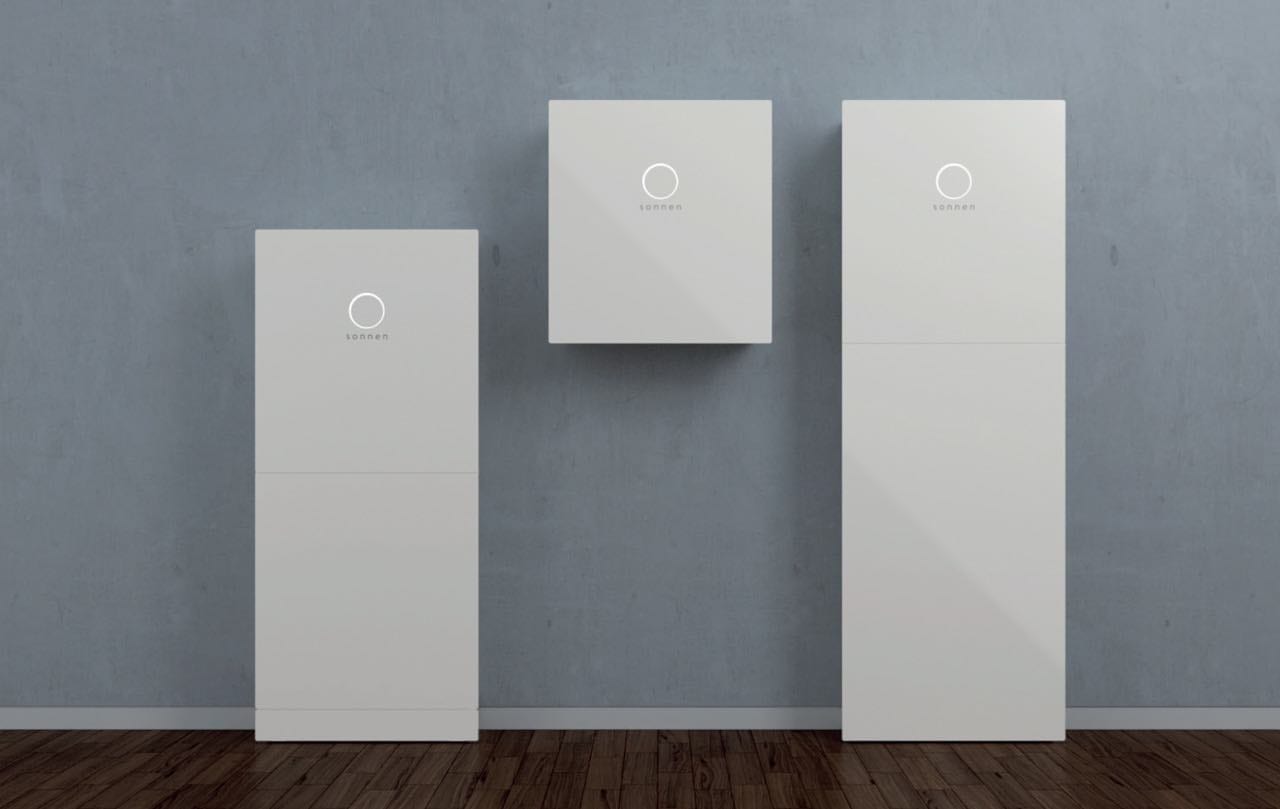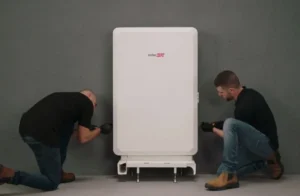Controversial new battery installation rules that the industry claims will make energy storage more expensive and less accessible to Australia’s millions of solar households have been published by Standards Australia.
The standard, which has been five years in the drafting, aims to fill a “gap in safety guidance” for the nascent Australian home energy storage sector, particularly around concerns about potential fire hazards presented by some battery chemistries.
Called AS/NZS 5139:2019, Electrical installations – Safety of battery systems for use with power conversion equipment, it was described by Standards Australia on Friday as a “key improvement for the sector” aimed to ensure systems were safe, consistent, and reliable.
But finding a middle ground of reasonable and necessary protection of consumers and an industry crippling blanket rule thrown over a multitude of different technologies and chemistries, has proven difficult.
As we have reported, an earlier draft of the new standard, that threatened to effectively ban the installation of lithium-ion battery systems inside Australian homes and garages altogether, was scrapped in late 2017 after a major industry backlash.
Two years on, and despite the promise of closer industry consultation, many major battery storage manufacturers argue the revised and now published version of the standard is not much better than its binned predecessor.
Of particular concern is the requirement for all home battery systems – even those rated by Standards Australia as having negligible fire risk – to install complicated and costly fire proofing measures on installation.
These measures include the use of compressed concrete sheeting – compulsory for installations on any walls connected to habitable rooms – and restrictions ensuring that a battery is not installed too close to any doors, windows, ceilings, stairs, or un-associated electric appliances.
For well established companies like Tesla and Sonnen – which between them have installed hundreds of thousands of home batteries in the US and Europe, none of which have spontaneously combusted, to date – these measures are confounding.
“Storage is (now) going to be really hard, really complicated, and really expensive,” said Sonnen Australia’s James Sturch, who has represented the now Shell-owned battery maker in the Standards Australia process.
“It’s going to put a massive massive brake on the entire industry.”
To read the full story on RenewEconomy sister site One Step Off The Grid click here…







